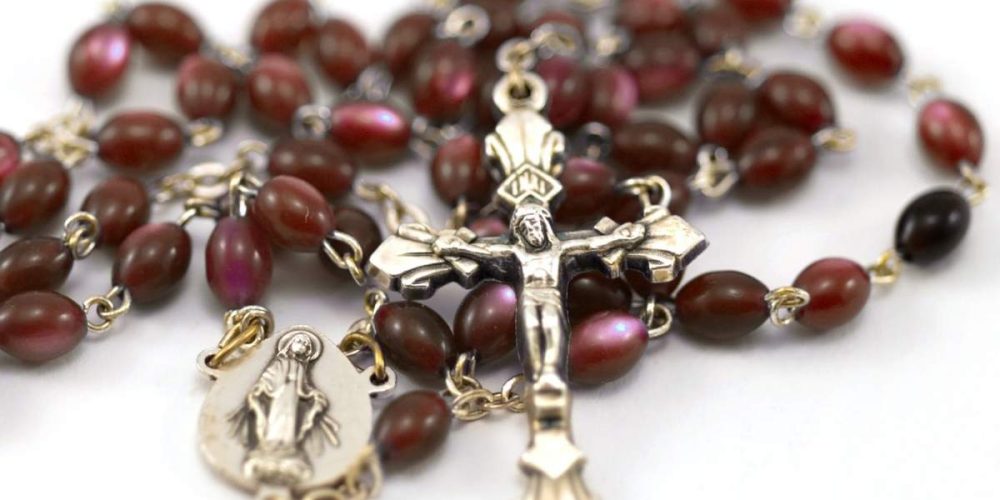Confession


The Sacrament of Penance is also known as the ‘Sacrament of Reconciliation’ or traditionally called ‘Confession’. It is through this Sacrament by which sins are confessed and forgiven.
Through the Sacrament of Reconciliation, we can walk more closely with God once again, without the burden of our sins weighing us down and distancing our relationship with God and with one another. Through the Sacrament of Reconciliation, we are brought back into union with God and Christ’s Body, the Church.
Sin is failure to recognise and love God in the way in which we think or act. Sin is not just a failure to love God directly but also a failure to love one another. This is referred to as “the community sense of sin”.
In this sacrament people are forgiven their sins by the words and actions of the priest. We call this ‘Absolution’. Jesus entrusted his Church with the power of forgiving sins through the Sacrament of Reconciliation. The priest is simply the one who acts in persona Christi (in the person of Christ) in the confessional, but it is the Lord who forgives our sins. The priest grants absolution (sets us free from our sins) using the power Jesus entrusted to his Church. It is through Christ that our sins are forgiven.
The sacrament can be celebrated as a one-to-one encounter with a priest: this is known as ‘individual confession’.
Many parishes also organise ‘Penitential Services’ at special times; e.g. Advent, Lent and Parish Missions. In this form of celebration, which is communal, people prepare as a community and many priests hear the confessions individually and people receive absolution individually.
Penance is a sign of sorrow and a commitment to try to make amends. It is also a sign of our sincerity to change our lives. This is what is meant by conversion. When the Sacrament is a communal celebration, the penance is said as a community, once all have had the opportunity to confess. When celebrated in the traditional one-to-one form, a penance is given and the person takes on that penance privately.
Any person who has been baptised and prepared appropriately can celebrate the Sacrament of Reconciliation.
Preparation for reception of First Penance is generally taught as the first part of the programme of those children preparing for First Holy communion. Parent meetings and preparation coincide with the Do This in Memory programme, ending with celebration of the Sacrament of Reconciliation during Lent.
The emphasis in preparing children for this sacrament is based on asking the children to reflect on times when they did not live as Jesus asked them. Confessional boxes are no longer used, the child and priest sit to one side of the church. In the sacrament of reconciliation, the children receive the grace of forgiveness and repentance. In order to receive their First Communion, children must first receive the grace of forgiveness and repentance and therefore most children will undertake the Sacrament of Penance sometime in the weeks prior to their First Holy Communion.

Website sponsored by Flannery's Funeral Home
Bachelor's Walk, Wicklow. www.flanneryfunerals.ie Telephone: 0404 61777 / 086 2508010 (24 hours)
